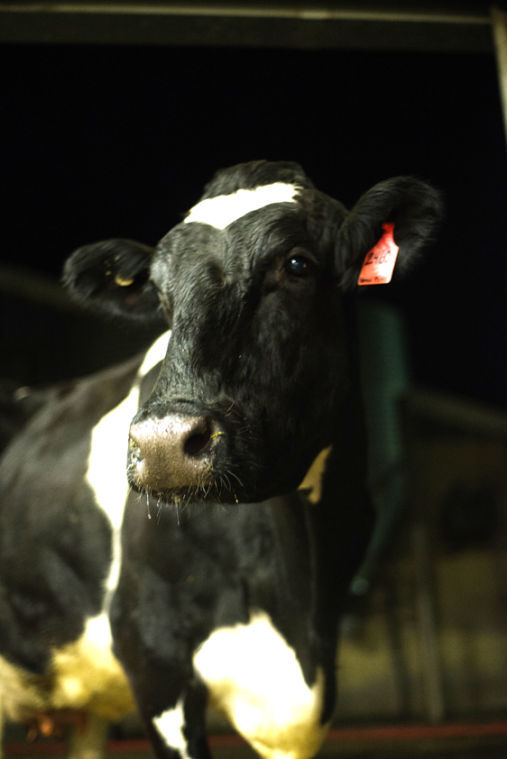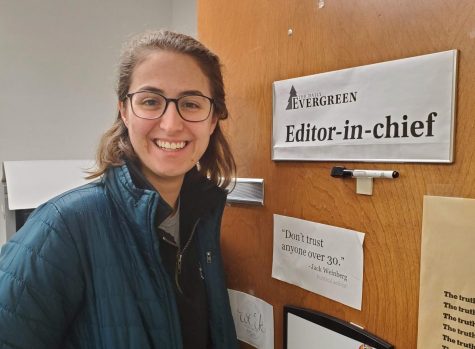Letter to the editor: PLOS ONE defends milk study
January 17, 2014
Editor:
Hats off to Corrine Harris for writing a provocative piece, which appropriately belonged in the opinion section of your paper.
People who choose to purchase organic food do so for many reasons. The most valid reasons, if peer-reviewed science is your benchmark, are reducing pesticide dietary exposure and risk, slowing the emergence and spread of antibiotic resistant bacteria, and lessening agriculture’s adverse impacts on soil and water quality.
Harris criticizes our PLOS ONE study for not establishing controls. This is unfounded. In our study, the conventional milk samples can be seen as controls, with the organic samples reflecting the “treatment” (i.e., organic dairy farming). Plus, not all science entails setting up an experiment with controls.
Many valuable studies compare the attributes or performance of one set of products, processes or systems compared to others. Such studies are often the best, if not the only, way to gain insights into complex natural and/or human-influenced systems.
I don’t understand Harris’s criticism of our explanation of the reasons why the omega fatty acid profiles of organic and conventional milk differ. We explain that forages and grazing account for a larger share of a cow’s daily diet on organic farms, compared to conventional farms that feed grain-based, total mixed rations.
We also make it clear that milk from both conventional and organic farms improve overall dietary fatty acid intakes and that conventional dairy farmers can capture the same milk nutritional quality benefits by feeding their lactating animals more pasture and forage-based feeds.
And last, I too greatly value the Journal of Dairy Science, but our study’s significant findings go well beyond just the impact of organic management on milk fatty acid profiles.
Charles Benbrook
Research professor and program leader



















